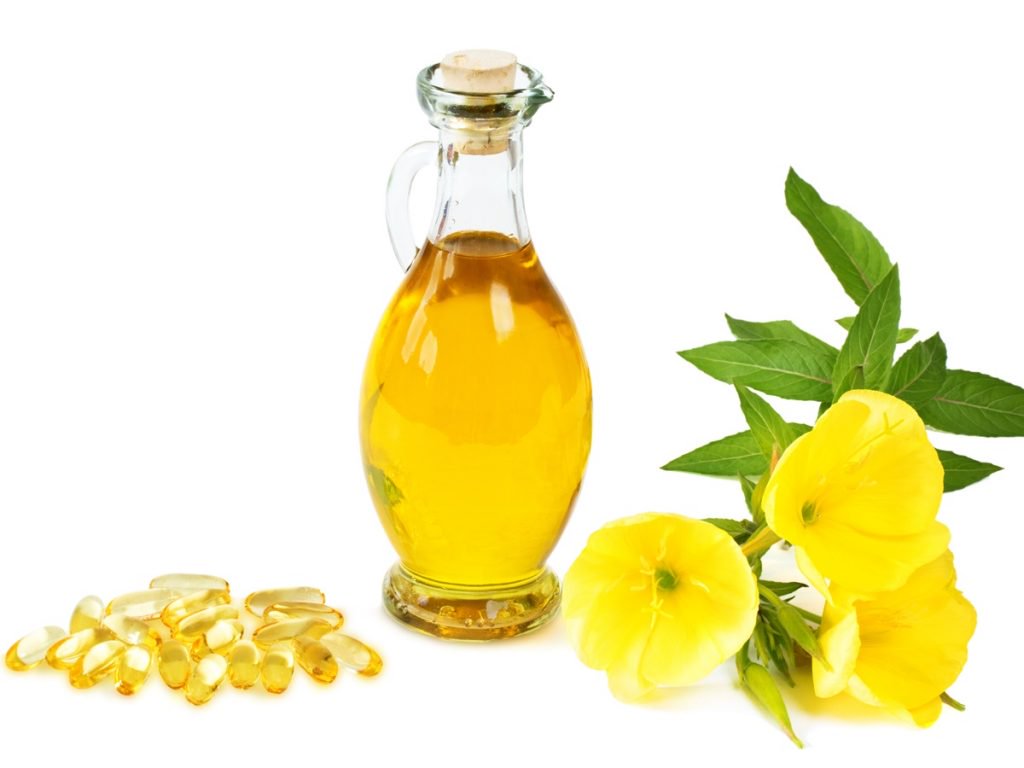Breastfeeding is the feeding of an infant or young child with milk from a woman’s breasts. The milk from women’s breast is known as breast milk.
Generally, if you have given birth to a child for the first time, then breastfeeding will be uncomfortable for you in the beginning.
Start breastfeeding as soon as your baby shows eagerness to suckle.
It is also been proved that the earlier the baby is breastfed, the easier the breastfeeding becomes for the mother to start regularly.
The first few days after delivery, a thick yellowish fluid (colostrum) although in very little quantity is highly defensive against infections and is also nutritious for the baby. Hence there will be no need for other feeds during this period to your baby.
Breastfeeding for your baby is best because breast milk contains the accurate amount of water, sugar, fat, and proteins particularly needed for your baby’s growth and development.
As breast milk is germ-free and also contains antibodies, it helps protect your infants from bacteria and viruses and allows them to be free from infections and diseases.
Just breastfeeding is sufficient till the baby is six months old. The liquids, for example, water and top milk should be avoided for six months. All these may cause infection. Moreover, breast milk contains enough water for your baby. Hence, an infant does not need water from outside sources.
You can continue the breastfeeding to your baby until the second birthday because there are many benefits to breastfeeding, including:
- Although the breastfeeding for your baby is only for a short period, the immune system of your baby will get benefit from breast milk.
- The colostrum, as said earlier, is a high-density brain food for baby that builds immunities naturally and is approved medically. The sucking of colostrums causes the breasts to produce milk as early as possible.
- There will be no heating, cleaning, or carrying feeding bottles. No quantifying and mixing formulas, no dangers of tooth decay with bottle-feeding, no allergic reactions.
- The nutrients provided by breast milk also produce less smelly diapers.
- The breastfeeding milk makes digestion easy and helps in the achievement of your baby’s physical and mental development.
- Breastfeeding provides a very fast recovery from childbirth because it causes the re-release of oxytocin (a chemical) in your body to help the uterus to contract back to its pre-pregnancy size.
- Milk production in the breast for breastfeeding can take up to 500 calories a day, which helps loose weight very rapidly. With a regular breastfeeding practice, there will be a less risk for breast cancer, ovarian cancer [Ovarian cancer treatment] and uterine cancer.
However, the negative aspects of breastfeeding includes:
Sometimes with breastfeeding, the nipples become tough and will be even very painful. There will be some crack and bleed at nipples. However, as your nipples begin to heal the next feeding starts and the wounds will be re-opened and remains painful.
With a regular breastfeeding, your baby will get accustomed with breast milk and it becomes difficult for you to stop this act at some point of time.







Hi
After analyzing data on lactation and breast cancer risk, the researchers said that the evidence is now “convincing” that breastfeeding lowers the risk of both pre-menopausal and post- menopausal breast cancer. Thank you for sharing this article, this is very informative.
Much appreciation for spending the effort to have a discussion on the subject of child care and baby’s needs.